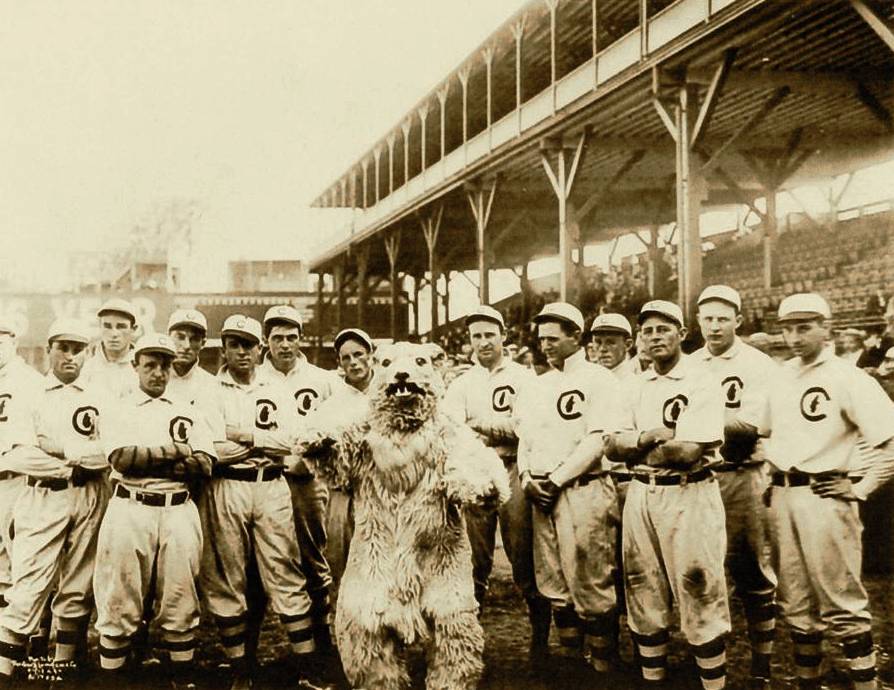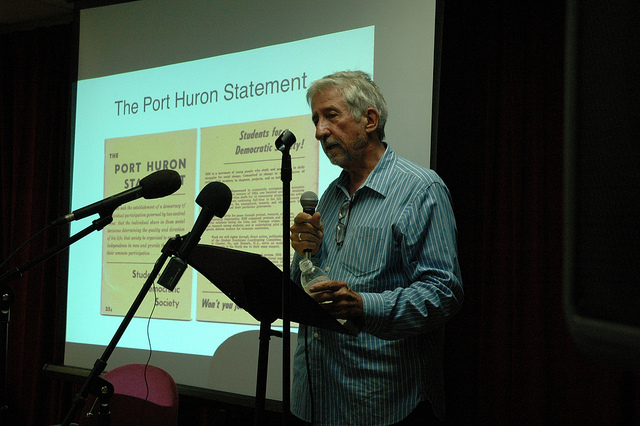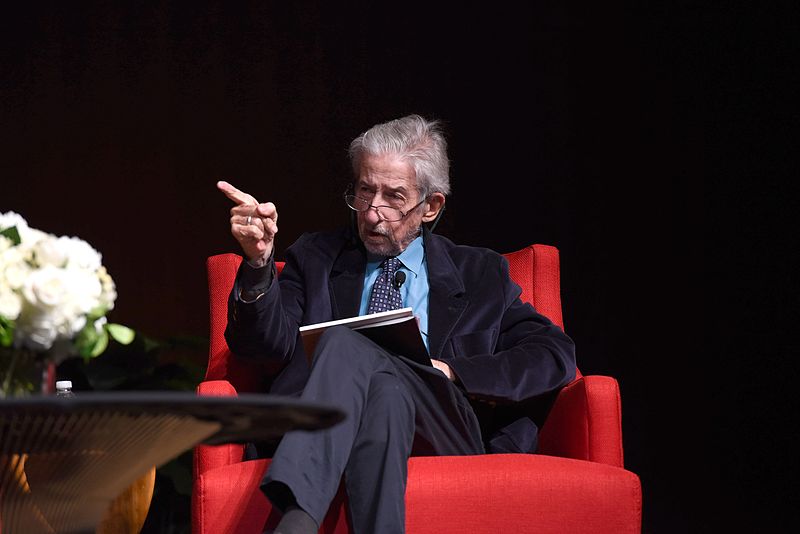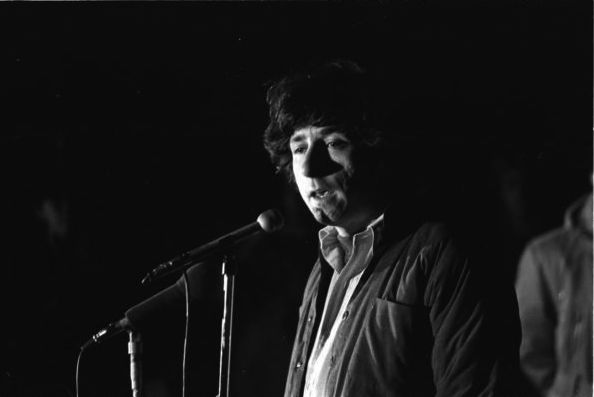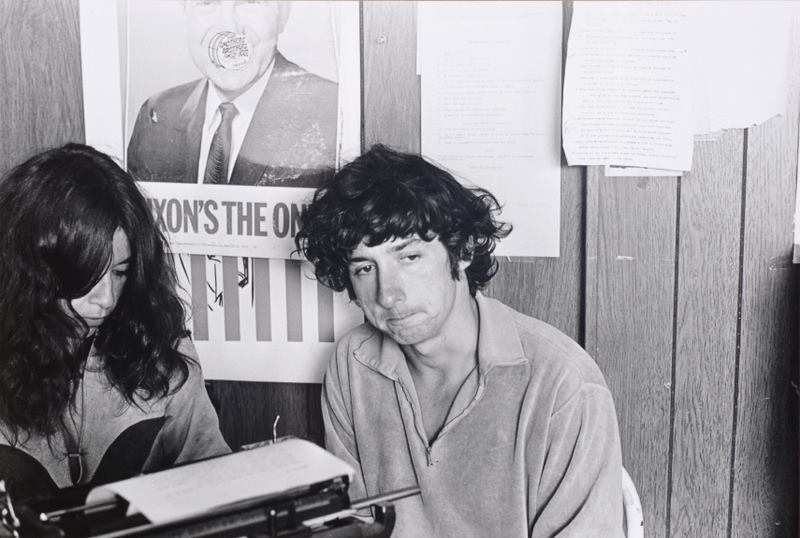This book is a luving homage to quite possibly the best underground newspaper of its era.

Cover, Celebrating The Rag, published by the New Journalism Project, 2116. Cover art by Gilbert Shelton.
I came to UT-Austin in the fall of 1969 as a transfer student in my junior year. I had spent the previous year studying at a Swiss university, putting an ocean between myself and the Galveston County draft board, which had mistakenly classified me as 1A and began pressing me to show up for army induction and the prospect of Vietnam. (The 1A was eventually changed to a student deferment while I was in Europe.)
By the time I arrived in Austin, I’d hitchhiked around the Continent (including into East Berlin), Great Britain, Scandinavia, and yes, to Morocco, where the hashish was exquisite. So on my first day of class as a UT English major, I left Brackenridge dorm dressed like a walking Bob Dylan song (shoulder-length hair, a natty black vest over my t-shirt, a Moroccan ring, and brown suede Spanish boots of Spanish leather I’d bought in Barcelona) and wandered down to the Drag, where I encountered Alan Pogue selling The Rag. I was hooked after the first issue, and that underground rag became my guide star for the next several years.
Continue reading


